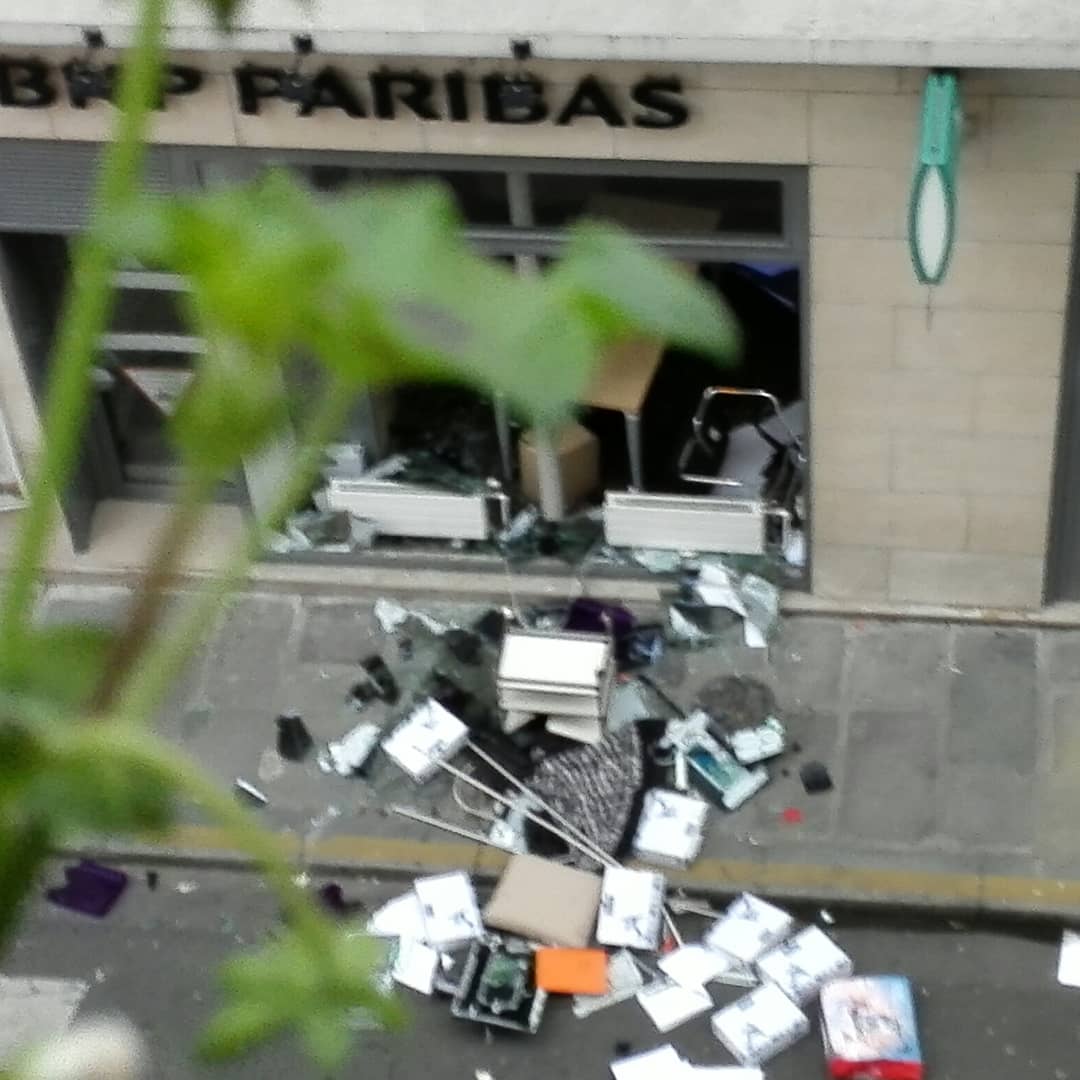The door of tears, the laughter of capital and inflation.
The war in the strait and the consequences for global trade As National Geographic Magazine reminds us, Bab el-Mandeb, the Gate of Tears in Arabic, is a small geographical bottleneck in the Red Sea that has a huge impact on […]
The door of tears, the laughter of capital and inflation.











